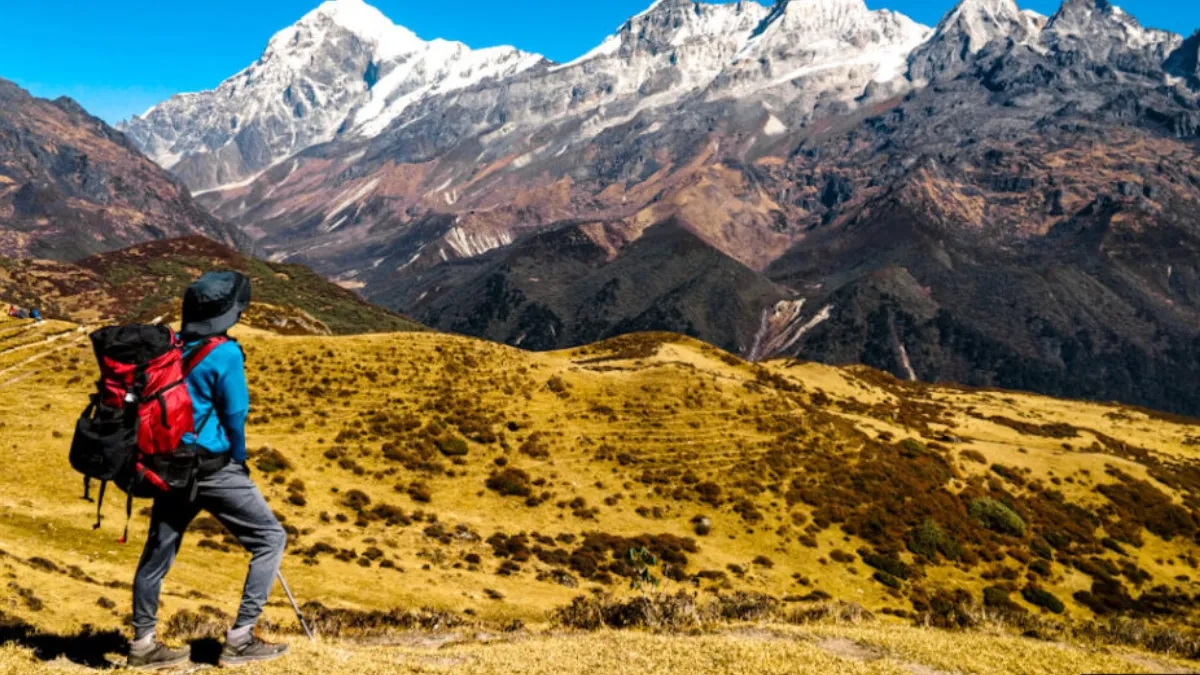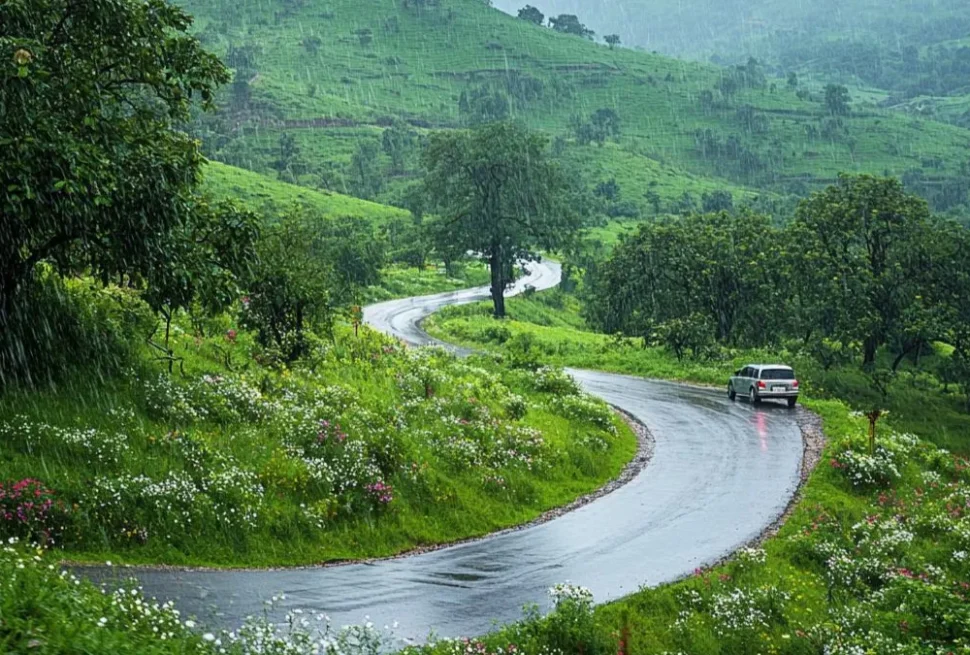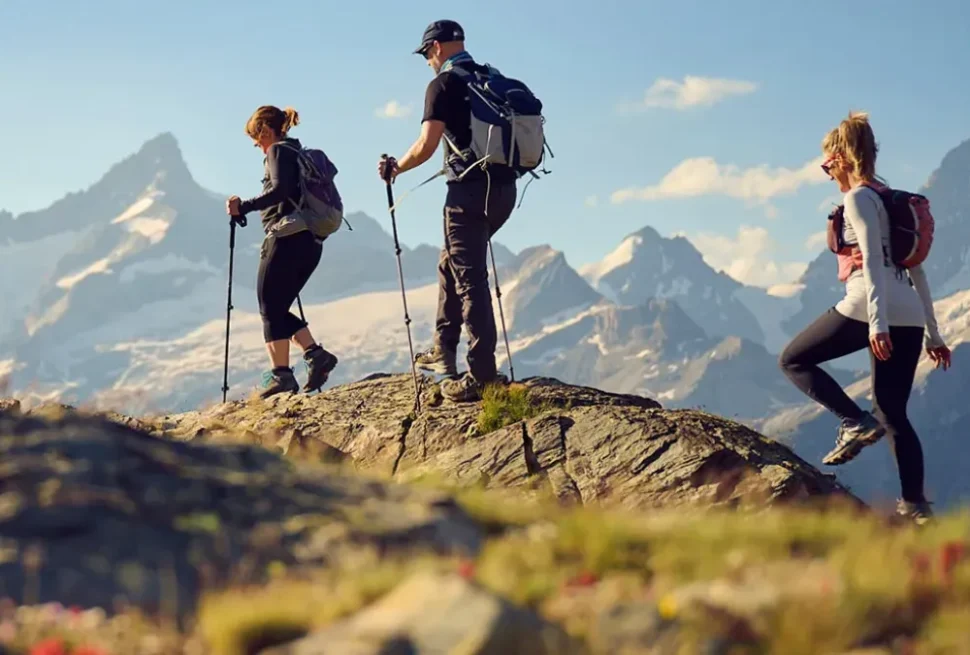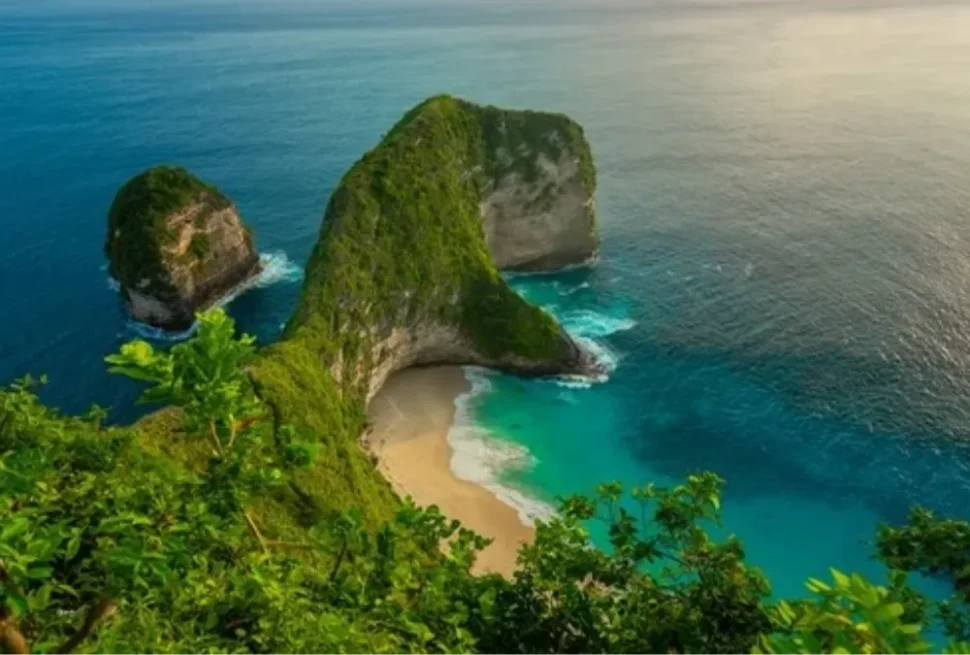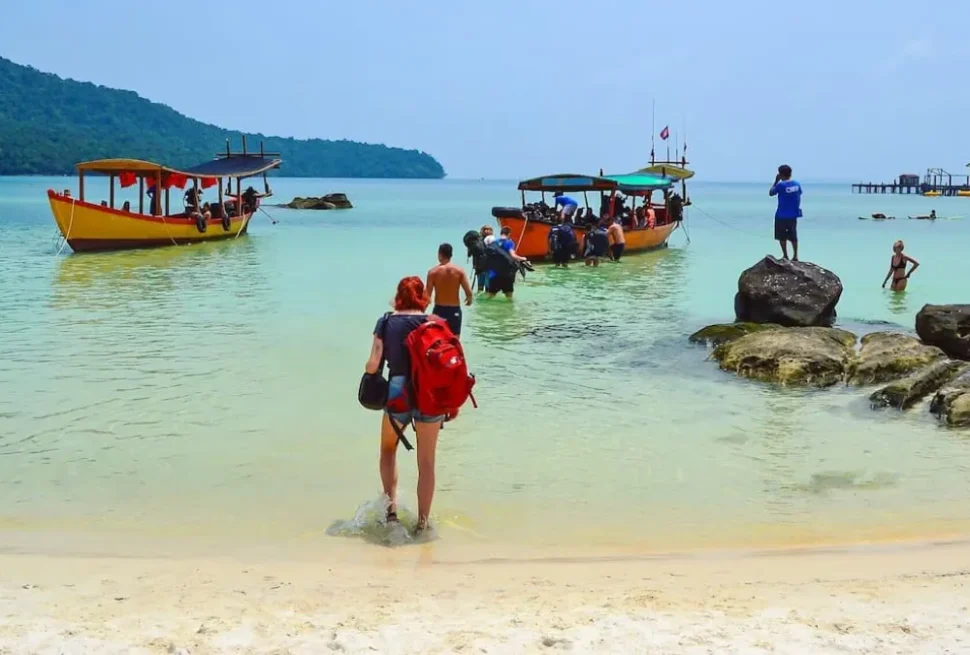Introduction
Power of Solo Travel Solo travel is more than a vacation — it’s a transformative journey. For decades, the idea of traveling alone was often stigmatized or misunderstood. But today, solo travel has evolved into a celebrated path to self-discovery, independence, and empowerment. Whether it’s hiking alone through the Himalayas, wandering the streets of Paris, or backpacking across Southeast Asia, people are embracing solo travel for the freedom and personal growth it offers.
In this article, we will explore the power of solo travel, dispel common myths, and offer insight into how journeying alone can foster deep personal connections, even in the absence of companionship.
The Growing Popularity of Solo Travel

A Global Trend
In recent years, solo travel has surged. According to travel industry reports, nearly one in four travelers prefer to travel alone. From millennials to retirees, people of all ages are discovering the benefits of experiencing the world on their own terms.
Post-Pandemic Wanderlust
The COVID-19 pandemic changed the way people view time and travel. Many now prioritize meaningful experiences, and solo trips offer a chance to reclaim independence and freedom that may have been lost during lockdowns.
Benefits of Solo Travel
1. Freedom and Flexibility
When you travel alone, the itinerary is yours. Want to skip the museums and spend hours at a local café? No problem. You are in full control of your schedule, budget, and pace.
2. Self-Discovery and Growth
Solo travel challenges you to step out of your comfort zone. Whether it’s navigating unfamiliar cities, managing travel logistics, or communicating in a different language, every challenge helps build self-confidence and resilience.
3. Enhanced Mindfulness
Without the distraction of companions, solo travelers often find themselves more present. You’ll notice the subtle beauty in daily life — the sounds of a morning market, the rhythm of a quiet town, the kindness of strangers.
4. Authentic Connections
Ironically, solo travel can lead to deeper human connections. Locals and fellow travelers are more likely to approach you when you’re alone, and these spontaneous interactions often lead to meaningful friendships.
Preparing for a Solo Journey
Research Is Key
Understand the culture, customs, safety, and visa requirements of your destination. Use forums, guidebooks, and blogs to build a foundation of knowledge before departure.
Safety First
- Always share your itinerary with family or friends.
- Use apps for real-time location sharing.
- Avoid walking alone at night in unfamiliar areas.
- Trust your instincts — they’re usually right.
Pack Smart
Pack light but wisely. Essentials include:
- Copies of important documents
- A power bank
- First aid kit
- Emergency cash
- Travel insurance
Overcoming the Fear of Being Alone
It’s Okay to Feel Nervous
Fear is natural when trying something new. Many first-time solo travelers feel anxiety before their trip. However, this nervous energy often transforms into excitement and empowerment once the journey begins.
Embracing Discomfort
Growth lies on the other side of discomfort. When you dine alone, hike alone, or explore alone, you learn to enjoy your own company. This self-assurance carries over into everyday life.
Destinations Perfect for Solo Travelers
1. Japan
Safe, efficient, and full of rich cultural experiences. Japanese cities like Kyoto and Tokyo are ideal for solo exploration.
2. Portugal
Friendly locals, stunning coastlines, and historic towns make Portugal a top pick for solo adventurers.
3. New Zealand
Known for its natural beauty and outdoor adventure, New Zealand is ideal for those who love hiking, camping, and road trips.
4. Vietnam
Affordable and culturally vibrant, Vietnam offers unforgettable food, landscapes, and bustling city life.
Solo Travel Myths Debunked
Myth 1: Solo Travel Is Lonely
Truth: Solitude is not the same as loneliness. Many solo travelers find a deep sense of connection — to themselves, to others, and to the world.
Myth 2: It’s Only for the Young
Truth: Travelers of all ages enjoy solo trips. In fact, more retirees are embracing solo travel as a way to reignite their passion for life.
Myth 3: Solo Travel Is Dangerous
Truth: While risks exist, proper planning, situational awareness, and local knowledge minimize most dangers.
Personal Stories: Voices from Solo Travelers

Anna, 32, from Canada
“I spent three months solo in South America and it changed my life. I learned Spanish, made friends from 10 different countries, and finally figured out what I wanted to do with my life.”
Rehan, 45, from India
“After a tough divorce, I took my first solo trip to Europe. The silence helped me heal, and every new city reminded me that life goes on — beautifully.”
Tasha, 60, from the U.S.
“I retired early and spent six weeks exploring Bali, Australia, and Singapore alone. I’ve never felt more alive.”
Tips to Make the Most of Solo Travel
Stay in Social Accommodations
Hostels, guesthouses, and shared Airbnbs make it easier to meet others. Many offer group tours and events.
Take Guided Day Tours
Day tours give structure and offer opportunities to socialize without compromising your independence.
Keep a Travel Journal
Writing down your thoughts, experiences, and emotions will deepen your reflections and give you memories to cherish.
Unplug (At Least a Bit)
Constant connectivity can prevent you from truly immersing yourself in the present. Spend some time offline each day.
The Emotional Impact of Solo Travel
Healing and Reflection
Whether you’re recovering from loss, a breakup, or burnout, solo travel offers space to breathe and process.
Empowerment and Self-Esteem
Each accomplishment, from navigating a new transit system to ordering food in a foreign language, reinforces your capability and independence.
A New Perspective
Exposure to different cultures and lifestyles often shifts your perspective. You learn to appreciate life’s small joys and develop greater empathy.
The Return Home: What Changes?
When solo travelers return home, many report:
- A clearer sense of purpose
- Greater self-awareness
- Stronger problem-solving skills
- Reduced fear of the unknown
Solo travel teaches you how to live in harmony with yourself — a lesson that lasts long after the trip ends.
FAQs About Solo Travel
Is solo travel safe?
Yes, with the right precautions. Research your destination, avoid risky situations, and stay alert. Trust your instincts and always have emergency contacts.
How do I deal with loneliness during solo travel?
Loneliness may occasionally arise, but connecting with locals, joining tours, and staying in social accommodations helps. Journaling and video calls with loved ones also provide comfort.
What are the best countries for first-time solo travelers?
Some popular beginner-friendly destinations include:
- Thailand
- Portugal
- Japan
- Australia
- Canada
These places are known for safety, ease of navigation, and hospitality.
Is solo travel expensive?
It depends on your choices. Solo travel can be budget-friendly with hostels, street food, and public transport. Alternatively, you can splurge on luxury if desired. You have complete control over your spending.
Do I need travel insurance?
Absolutely. Travel insurance is essential for medical emergencies, trip cancellations, lost baggage, and other unexpected events.
How can I meet people while traveling alone?
Try these:
- Stay in hostels or co-living spaces
- Attend free walking tours
- Take local classes (cooking, yoga, etc.)
- Use travel apps like Backpackr or Meetup
What should I pack for solo travel?
Essential items include:
- Lightweight clothes
- Travel documents (plus copies)
- First aid kit
- Universal adapter
- Journal
- Snacks and reusable water bottle
Is solo travel only for extroverts?
Not at all. Introverts often thrive on solo trips because they can control their environment, pace, and interactions. Solo travel allows space for solitude, which many introverts cherish.
How long should a solo trip be?
There’s no fixed rule. A weekend getaway is great for beginners, while more experienced travelers may take month-long journeys. Start small and build up.
What if something goes wrong?
Problems can occur, but staying calm and seeking help usually resolves the issue. Keep emergency contacts and embassy information handy. Travel challenges often become the best stories later.
Also Read : Pathways Less Taken: Journeys Beyond The Guidebook
Conclusion
Solo travel is not about being alone — it’s about being free. It’s an opportunity to explore the world, deepen your understanding of yourself, and break free from routine. The power of solo travel lies in its ability to awaken courage, inspire growth, and cultivate mindfulness. Whether it’s a weekend in your own country or a backpacking trip across continents, traveling alone is a bold step toward discovering the world — and yourself.

